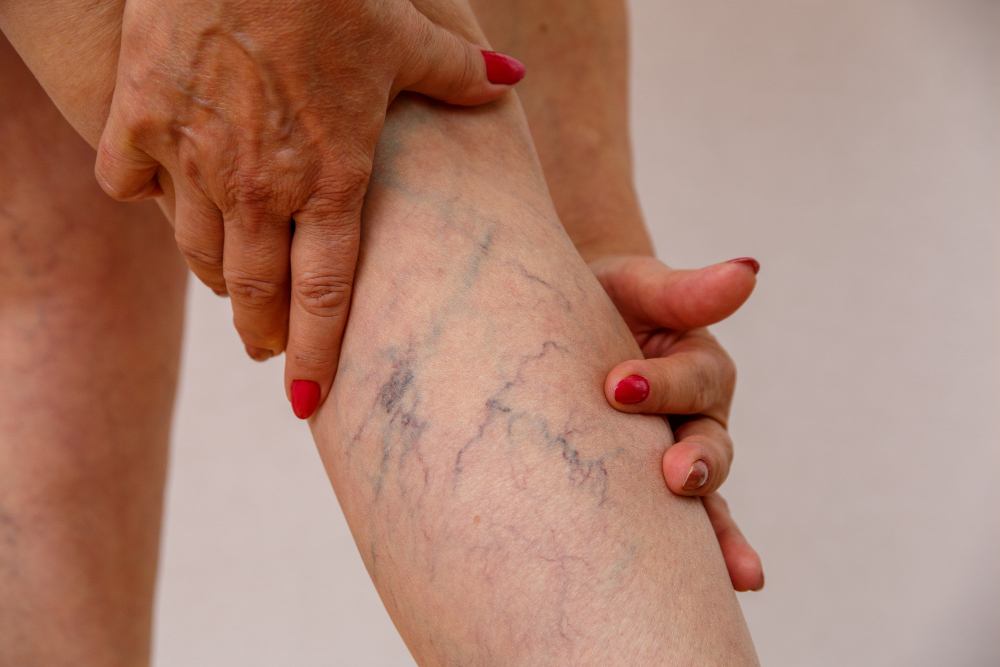Menu
- Home
- Treatments
- Our Providers
- About Us
- Patient Info
- Testimonials
- Locations
- Blog
- Financing
- Contact Us
- Home
- Treatments
- Our Providers
- About Us
- Patient Info
- Testimonials
- Locations
- Blog
- Financing
- Contact Us

Deep Vein Thrombosis often lurks beneath the surface, unnoticed until it becomes a serious threat to your health. Imagine your veins as busy highways where blood cells travel. Now, picture a traffic jam on one of these critical paths, and that's essentially what DVT is. This condition disrupts the smooth flow of traffic in your veins and poses risks that could have far-reaching consequences on your health. At National Vascular Associates, we provide professional vascular care for our clients. Keep reading to learn more about DVT and its underlying causes so you can take the preventive measures necessary to take charge of your vascular health.

Deep vein thrombosis, or DVT, occurs when blood clots form in deep veins, most often in the legs. Several factors can pave the way for this condition, turning an otherwise healthy vein into a hotspot for clot formation. These include prolonged periods of immobility, certain medical conditions that affect blood clotting, surgery, injury to a vein, and even genetics. Age also plays a role, with the risk increasing as you get older. Understanding these factors is the first step in recognizing your risk and taking action to mitigate it.
The real danger of DVT is the potential for complications, which can be severe and even life-threatening. One of the most feared complications is a pulmonary embolism, where a clot breaks free and travels to the lungs, blocking blood flow. This could cause chest pain, shortness of breath, and, in severe cases, death. Other complications include post-thrombotic syndrome, characterized by pain, swelling, skin discoloration, and chronic venous insufficiency, leading to long-term leg swelling and ulcers.
Preventing DVT starts with lifestyle changes and awareness. Routine exercise, staying at a healthy weight, and avoiding prolonged periods of immobility can greatly reduce your risk. For those at higher risk due to surgery or other factors, a vascular specialist may recommend blood thinners, compression stockings, or other interventions. Recognizing the signs of DVT, such as leg pain, swelling, and redness, and seeking prompt vascular treatment can prevent complications and protect your health.
Advancements in medical science have brought forth innovative approaches to diagnosing and treating DVT, making management more effective than ever. Cutting-edge imaging techniques allow for early detection, while new anticoagulant medications offer safer, more convenient options for preventing clot formation. Minimally invasive vascular care procedures can now be used by a trained vascular doctor to remove or dissolve clots, reducing the risk of complications and improving patient outcomes. These developments, combined with a personalized approach to care, can help ensure that patients receive the best possible vascular treatment customized to their unique needs.
DVT is a silent threat that can have devastating consequences if left unchecked. If you suspect you're at risk or are experiencing symptoms, call National Vascular Associates today. We're dedicated to providing quality vascular care services. Our experienced team uses the latest advancements in medical science to diagnose, treat, and prevent DVT, offering personalized care plans to meet your individual needs. Take the first step today by scheduling a consultation with a vascular doctor.